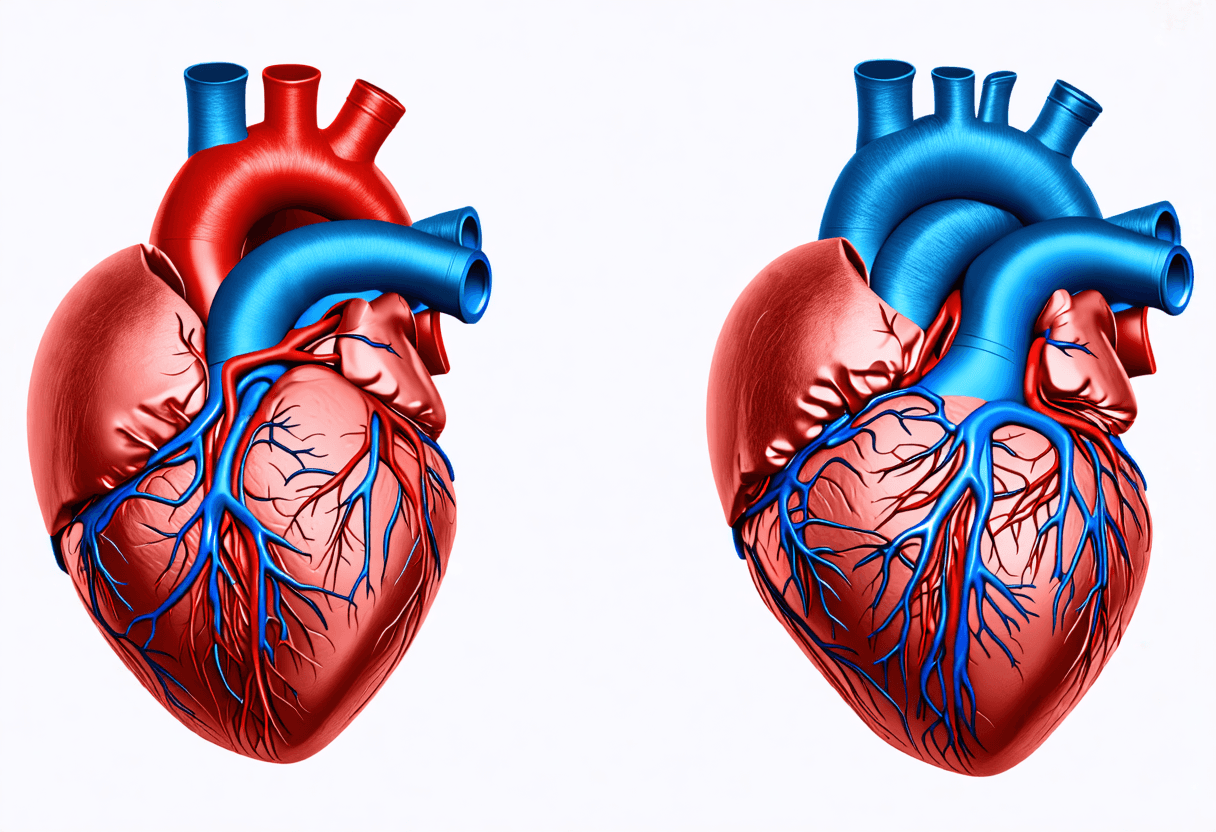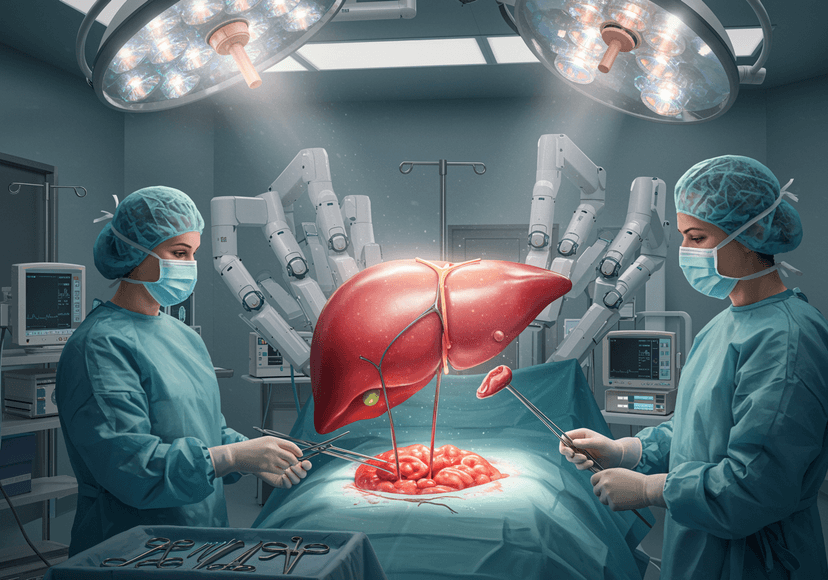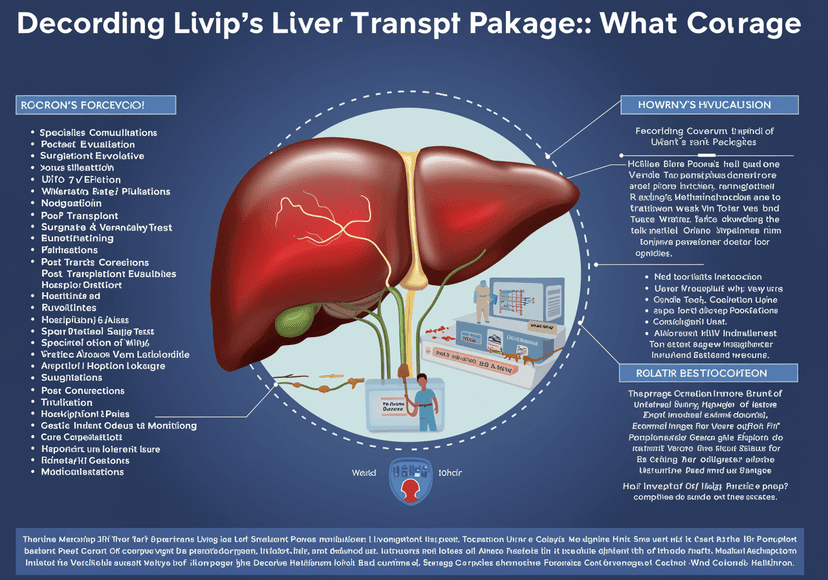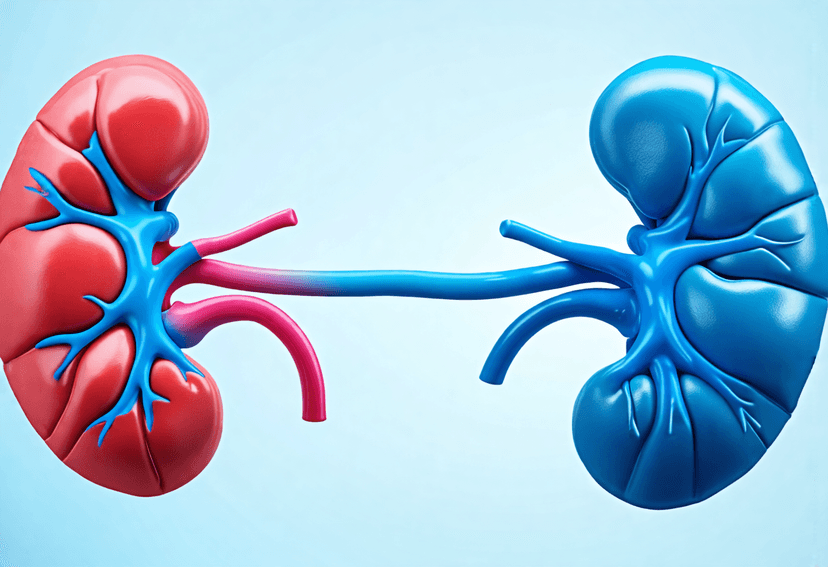
How Heart Transplants Work
12 Oct, 2024
 Healthtrip
HealthtripImagine waking up every morning feeling exhausted, struggling to catch your breath, and being unable to perform even the simplest tasks without feeling like you're running a marathon. For individuals living with heart failure, this is a harsh reality. But thanks to the miracle of modern medicine, there is hope. Heart transplants have revolutionized the treatment of heart disease, offering a second chance at life for those who thought all was lost. But have you ever wondered how heart transplants actually work?
What is a Heart Transplant?
A heart transplant is a surgical procedure where a diseased or damaged heart is replaced with a healthy one from a donor. The new heart is typically obtained from a deceased donor who has been declared brain dead, but whose heart is still functioning. The transplant process involves removing the diseased heart and replacing it with the donor heart, which is then connected to the recipient's blood vessels and arteries.
Most popular procedures in India
The Need for a Heart Transplant
Heart transplants are typically reserved for individuals with advanced heart failure, where the heart is no longer able to pump enough blood to meet the body's needs. This can be caused by a variety of factors, including coronary artery disease, cardiomyopathy, heart valve problems, and congenital heart defects. In these cases, a heart transplant may be the only option to restore normal heart function and improve the individual's quality of life.
But heart transplants are not a cure-all. They require a lifetime of medication and follow-up care to prevent rejection of the new heart. Additionally, the waiting list for a heart transplant can be long, and not everyone who needs a transplant will receive one. This is why it's essential to take proactive steps to maintain a healthy heart, such as eating a balanced diet, exercising regularly, and managing stress.
Wellness Treatments
Give yourself the time to relax
Lowest Prices Guaranteed!

Lowest Prices Guaranteed!
The Transplant Process
The heart transplant process is a complex and intricate one, involving a team of medical professionals, including cardiologists, surgeons, and anesthesiologists. The process typically begins with a thorough evaluation of the recipient's overall health, including blood tests, imaging studies, and a physical examination. This is to ensure that the individual is healthy enough to withstand the surgery and that the transplant will be successful.
The Surgery
The actual transplant surgery typically takes several hours to complete. The recipient is placed under general anesthesia, and the chest is opened to access the heart. The diseased heart is then removed, and the donor heart is connected to the recipient's blood vessels and arteries. The new heart is started, and the recipient is taken off the heart-lung machine.
The surgery is a delicate and precise process, requiring great skill and attention to detail. The surgeons must carefully connect the new heart to the recipient's blood vessels and arteries, ensuring that there are no leaks or blockages. The recipient is then closely monitored in the intensive care unit (ICU) for several days to ensure that the new heart is functioning properly.
Life After a Heart Transplant
The road to recovery after a heart transplant can be long and challenging. The recipient will need to take immunosuppressive medications for the rest of their life to prevent rejection of the new heart. They will also need to attend regular follow-up appointments with their cardiologist and undergo regular blood tests to monitor the health of the new heart.
Managing Rejection
Rejection is a major concern after a heart transplant. The recipient's immune system may view the new heart as foreign and attack it, leading to rejection. To prevent this, the recipient will need to take immunosuppressive medications, which can have side effects such as increased risk of infection and kidney damage.
Despite the challenges, many individuals who undergo a heart transplant are able to lead active and fulfilling lives. They are able to return to their normal activities, enjoy hobbies and interests, and spend time with loved ones. A heart transplant is truly a gift, offering a second chance at life for those who thought all was lost.
In conclusion, heart transplants are a remarkable medical advancement that has revolutionized the treatment of heart disease. While the process is complex and challenging, the results can be truly life-changing. By understanding how heart transplants work, we can better appreciate the incredible gift of life that they offer.
Related Blogs

Healthtrip's Advanced Liver Transplant Technology
Discover Healthtrip's state-of-the-art liver transplant facilities, boasting advanced technology and

Best Heart Bypass Surgery Packages on Healthtrip 2025
Explore top heart bypass surgery packages on Healthtrip for 2025.

Decoding Healthtrip's Liver Transplant Packages: What's Covered?
Learn exactly what Healthtrip's all-inclusive liver transplant packages offer, from

Experience World-Class Cardiac Care at Fortis Escorts
Get the best cardiac treatment at Fortis Escorts Heart Institute

India's Leading Hospitals for Organ Transplant
Get the best organ transplant in India from top hospitals

Kidney Transplant: What to Expect
A comprehensive guide to kidney transplant surgery and recovery










